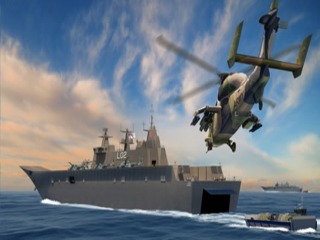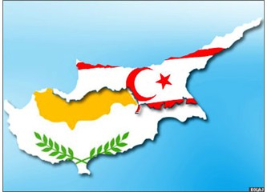Foreign Policy Implications of the Turkish Crisis
By the Editors (vol. 1, no. 3 of the Turkey Analyst)
In the past month, Turkey experienced high levels of internal and external turmoil. Turkey launched a large military operation in northern Iraq, which created acrimony as the subsequent pullout was questioned by the opposition.. Meanwhile, the country’s internal turmoil deepened. This internal crisis is making the conduct of a coherent foreign policy increasingly difficult, with serious implications for its ability to play a role as a regional power.
Turkey’s New Carrier Alters Eastern Mediterranean Energy and Security Calculus
By Micha’el Tanchum (vol. 7, no. 2 of the Turkey Analyst)
In late December 2013, Turkey took a major step in altering the naval balance in the eastern Mediterranean by contracting the construction of a multi-purpose amphibious assault ship that can function as an aircraft carrier, potentially providing Turkey an unprecedented measure of sea control in the region. The heightened threat perception for Israel, Cyprus, and Greece will impact the imminent decision whether Israel will export its natural gas to a planned Cypriot LNG terminal with a European export route through Greece or build a subsea pipeline to Turkey. Turkey’s next diplomatic moves could make the difference between a comprehensive regional agreement for a Turkish export route for eastern Mediterranean off-shore energy or a naval arms race which Turkey economically cannot win.

A New Prospect for Cyprus: Can the Conflict End Without Reunification?
by Dr. Ozan Serdaroğlu (vol. 6 no. 14 of the Turkey Analyst)
There may finally be ground for a resolution of the Cyprus conflict, as the Turkish government may be ready to cut the knotted puzzle instead of spending time to solve it. The political disunity in Turkish northern Cyprus, the economic calamity in Greek Cyprus and the exploration of rich energy resources in Cypriot territorial waters have enlarged Turkey’s room of maneuver, encouraging the Turkish government to pursue a Cyprus policy that is no longer focused on a scenario of reunification. Ankara has come to view the future of Cyprus in a broader Eastern Mediterranean perspective. Turkey does not seek diplomatic success over the “Cyprus case”. It is running after bigger spoils, but to be successful, Ankara will have to entice the Greek Cypriots to embrace a similarly pragmatic approach.




